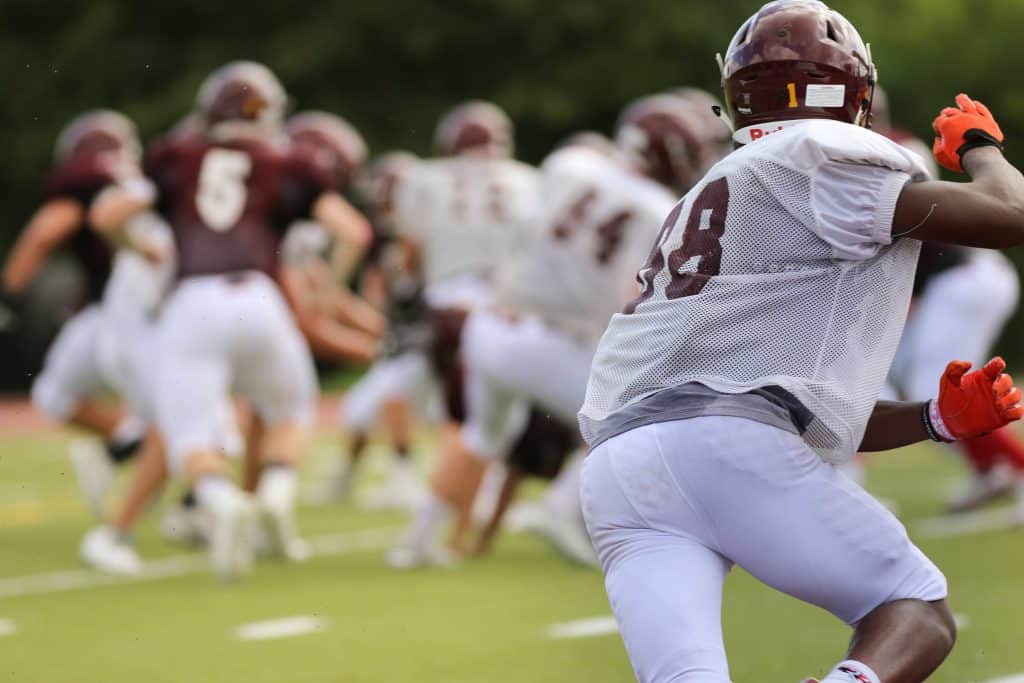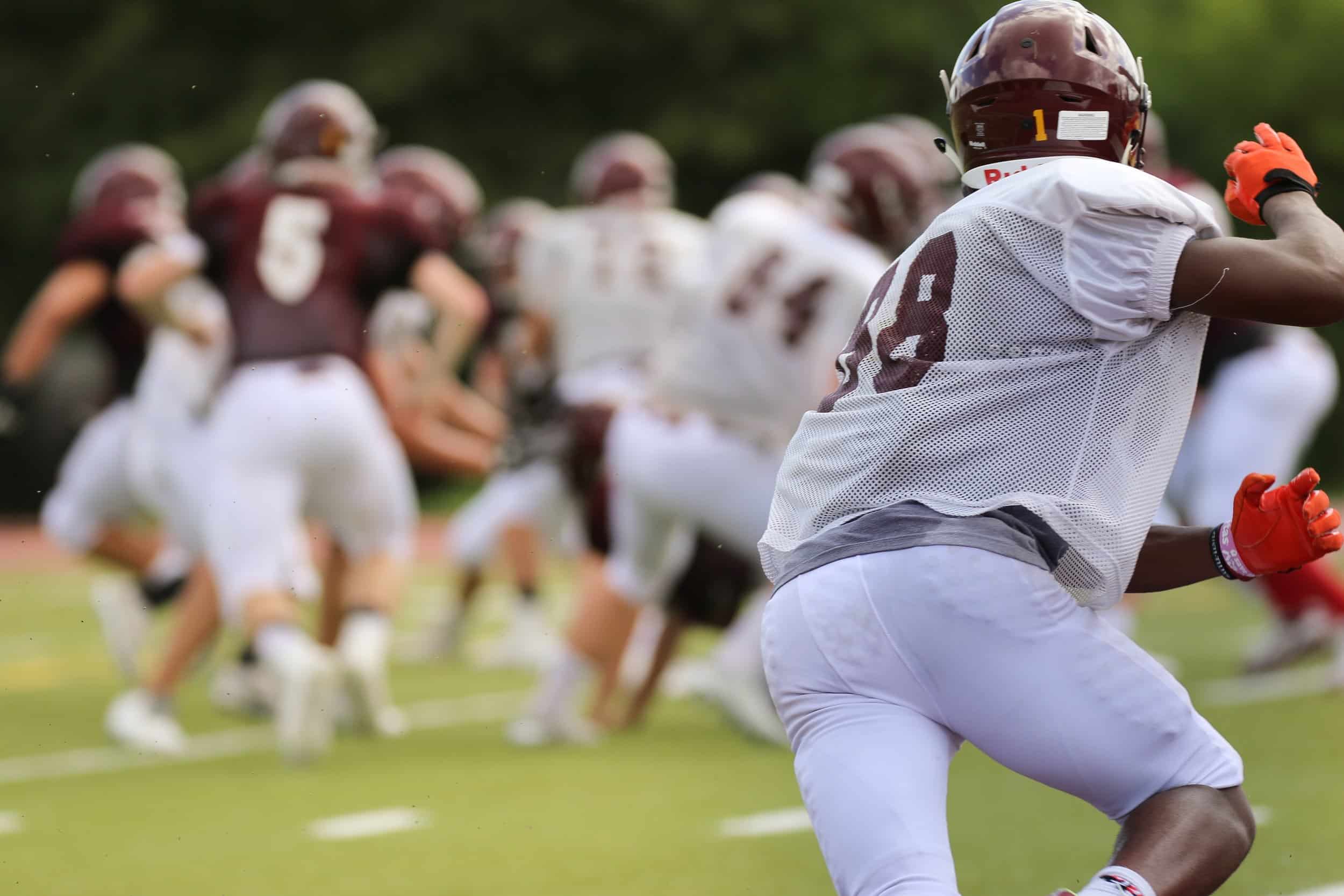
School sues for right to pray
MICHAEL BLACKWOOD, STAFF WRITER
Photo courtesy of: unsplash.com
Last December, two football teams from University Christian School and Cambridge Christian School, gathered on the field before the game began. Once there, the teams prayed together; however, the prayer was not heard beyond the circle of the players and their coaches.
The Camping World Stadium, which is run by the Florida High School Athletic Association (FHSAA), allowed the schools to use the public address system for all other purposes, but schools could not use the system for the pre-game prayer.
The two schools fought the state on this issue and tried for weeks before the game to work out a way to use the PA system for their prayer. One of two, Cambridge Christian, went a little further in the fight and, in September, sued the FHSAA for the right to pray before games in the stadium.
Cambridge Christian claimed that the ban on prayer is unconstitutional, saying that the ban violates the first amendment’s guarantee of freedom of religion.
The FHSAA disagrees. A representative stated that as a “state actor”, the FHSAA would be violating the first amendment if it allowed the schools to pray. He said that by allowing the prayer, the FHSAA, and therefore, the state, would be endorsing a religion.
Cambridge Christian wants the FHSAA to switch to a “content-neutral” policy for future games.
According to nationalparalegal.edu, a “content-neutral” policy is one where the state does not restrict what is being said, only when or where it is said. If the FHSAA would adopt this type of policy, they could allow schools to pray before a game at certain times, for instance, if both of the schools agreed to allow a prayer before the game.
NGU senior biology major Victoria Pait weighed in on the decision. “I think it’s wrong, but they [the FHSAA] are justified,” she said.

